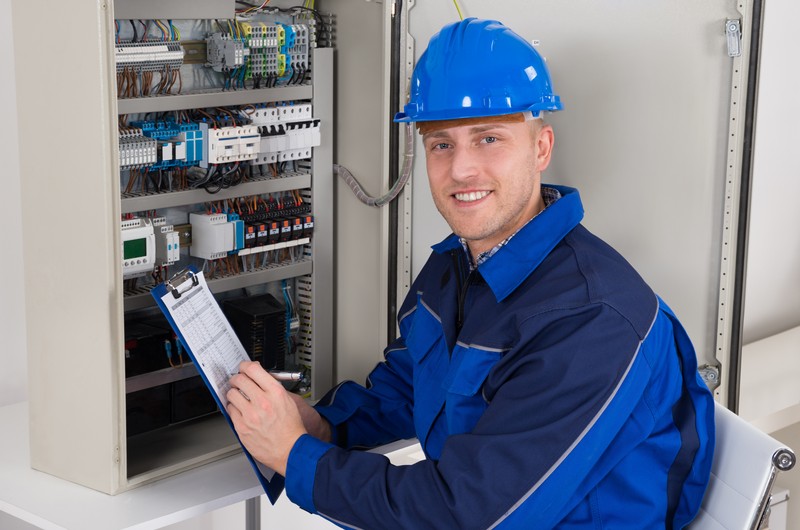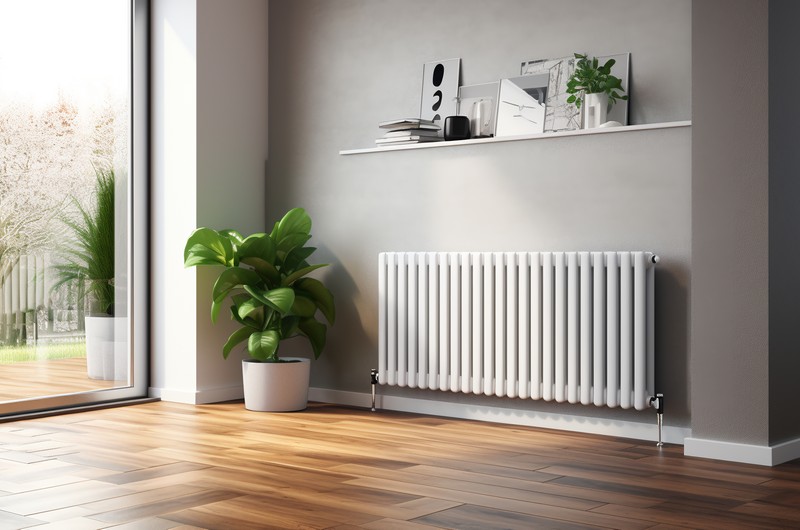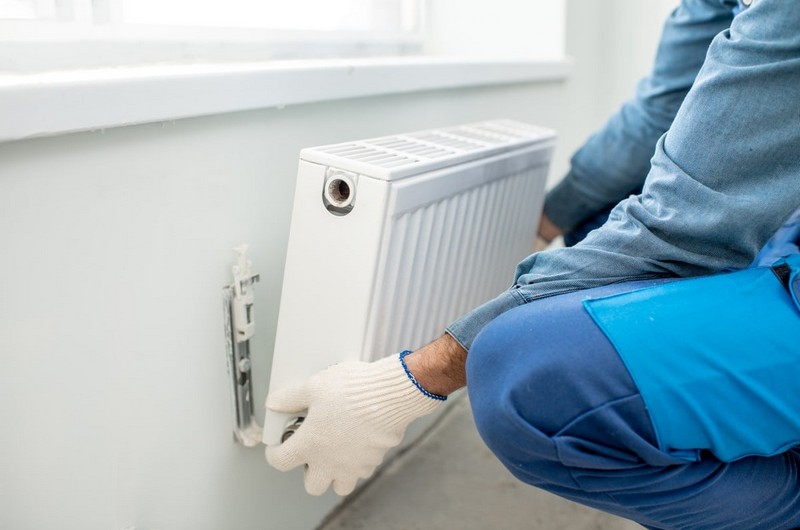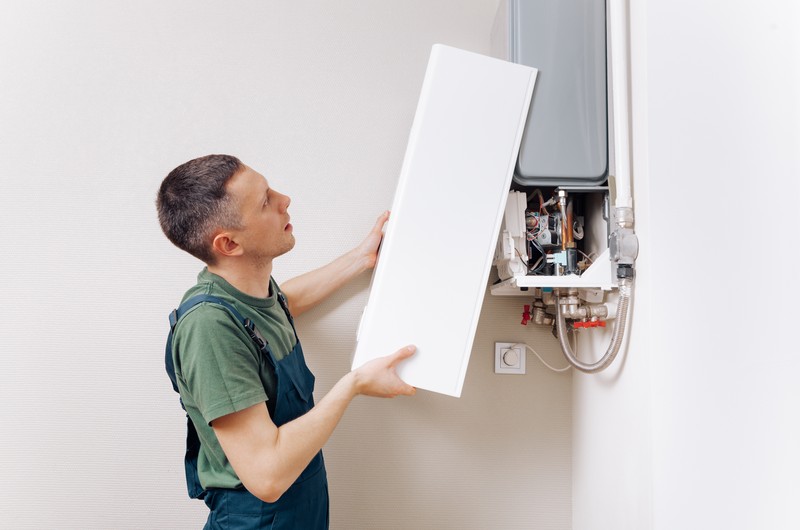 5 Tips for Electrical Safety in the Home
5 Tips for Electrical Safety in the Home

When it comes to electrical safety in the home, there are a few key things to keep in mind. First and foremost, always make sure that any electrical work in your home is performed by a licensed electrician. This will help ensure that the job is done properly and safely. Additionally, it’s important to inspect your home’s electrical wiring and outlets on a regular basis. If you notice any damage or fraying, it’s important to have it repaired or replaced immediately.
Another important tip is to not overload outlets or extension cords. This can be a fire hazard, so it’s important to be aware of how many appliances or electronics are plugged into each outlet. Finally, it’s also important to keep flammable materials away from electrical sources. This includes things like gasoline, cleaning supplies, and paper products. If you have any questions about electrical safety in your home, be sure to consult with a licensed electrician.
Importance of unplugging appliances when not in use
When it comes to electrical safety in the home, one of the most important things you can do is unplug appliances when they’re not in use. This simple act can help reduce the risk of fire, as well as save on electricity. Additionally, unplugging appliances can help reduce your carbon footprint.
Appliances such as TVs, laptops, and even toasters can continue to draw power even when they’re turned off. This is because they’re designed to be “instant-on” devices, meaning they go from off to on in an instant when you hit the power button. While this is convenient for you, it’s not so great for your energy bill or the environment.
When you leave an appliance plugged in and turned off, it’s still using a small amount of electricity. It may not seem like much, but it can add up over time. In fact, standby power accounts for 5% of all residential energy use in the United States. That’s why it’s important to unplug devices when you’re not using them.
Not only does unplugging save you money, but it also helps reduce your carbon footprint. The electricity that powers our homes and businesses comes from power plants that burn fossil fuels such as coal and natural gas. Burning these fossil fuels releases harmful greenhouse gases into the atmosphere, causing climate change.
By unplugging devices when they’re not in use, you can help reduce the demand for electricity and shrink your carbon footprint. So next time you’re finished using your hair straightener or charging your phone, remember to unplug it!
How to child-proof outlets
Here are some tips on how to child-proof outlets in your home:
- Keep all electrical devices and cords out of reach of children.
- Install tamper-resistant (TR) outlets to all unused outlets.
- Cover all unused outlets with outlet covers.
- Inspect all cords regularly and replace any that are damaged.
- Do not overload outlets with too many devices.
What to do in the event of a power outage
In the event of a power outage, the first thing you should do is check the circuit breaker or fuse box. If the power outage is due to a blown fuse or tripped circuit breaker, reset the breaker or replace the fuse and try to restore power. If the circuit breaker or fuse box is not the problem, check to see if your neighbors have power. If they do, the power outage may be due to a problem with your home’s electrical system and you should call an electrician.
If your neighbors also do not have power, then the power outage is likely due to a problem with the power lines or other equipment outside of your home and you should contact your utility company. In the meantime, use flashlights or battery-operated lanterns for light, and avoid using candles as they can be a fire hazard. Do not use any appliances that require electricity, such as stoves, ovens, or microwaves, as they may pose a fire hazard. If you must use them, do so with extreme caution.
When to call an electrician
There are a few different signs that it may be time to call an electrician. This includes having questions about home wiring, experiencing repeated problems with fuses or circuit breakers, noticing flickering or dimming lights, or having concerns about the safety of the electrical system. Another time you may need to call an electrician is if you’re planning on doing any major renovations to your home – such as adding new rooms, remodeling existing ones, or adding new appliances that will require new wiring.
Additionally, if you experience a power outage, you should first check the circuit breaker or fuse box. If the power outage is due to a blown fuse or tripped circuit breaker, reset the breaker or replace the fuse and try to restore power. However, if this does not work, and your neighbors also do not have power, then the power outage is likely due to a problem with the power lines or other equipment outside of your home and you should contact your utility company. In the meantime, use flashlights for light and avoid using candles as they can be a fire hazard.



